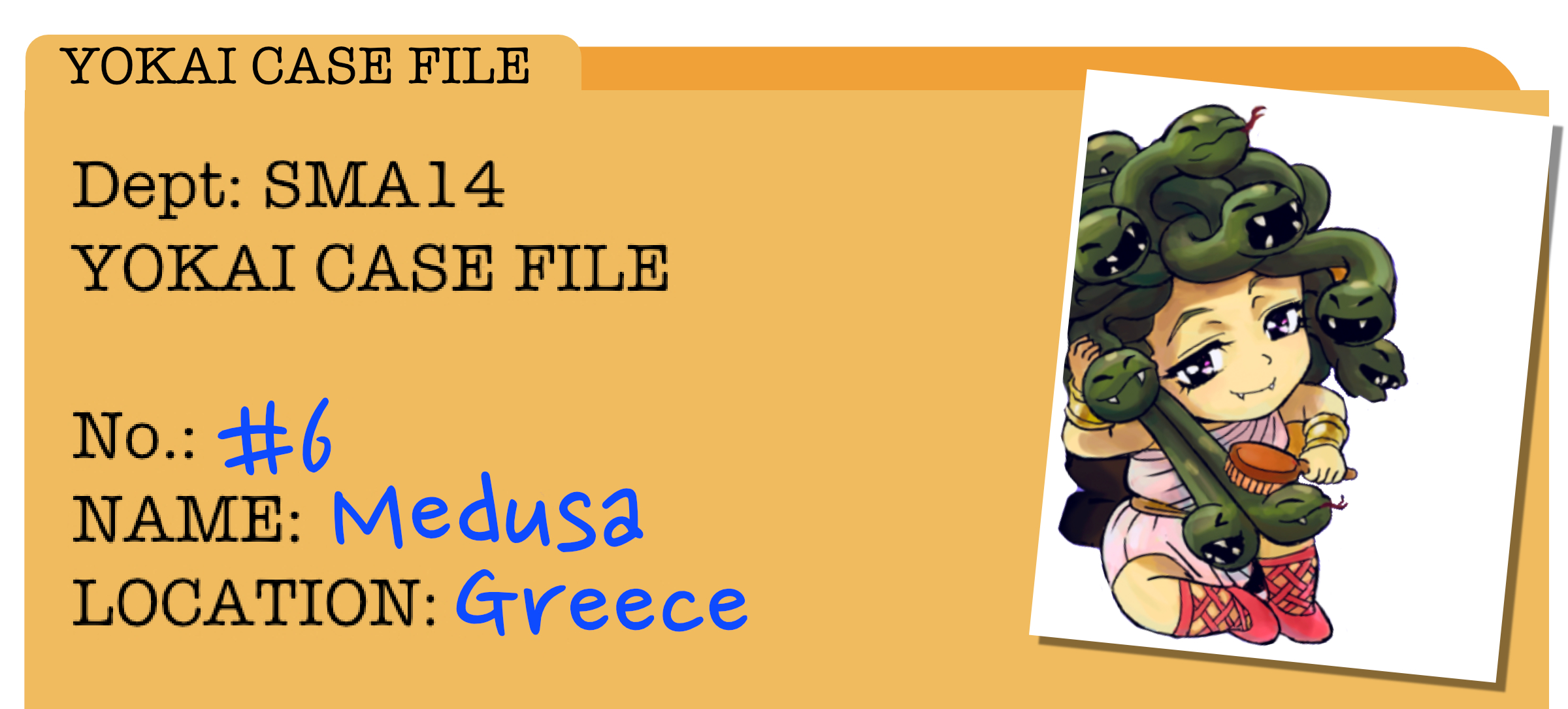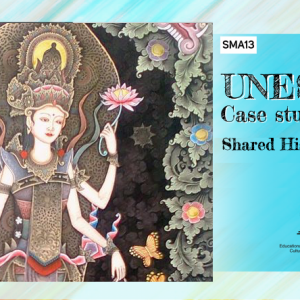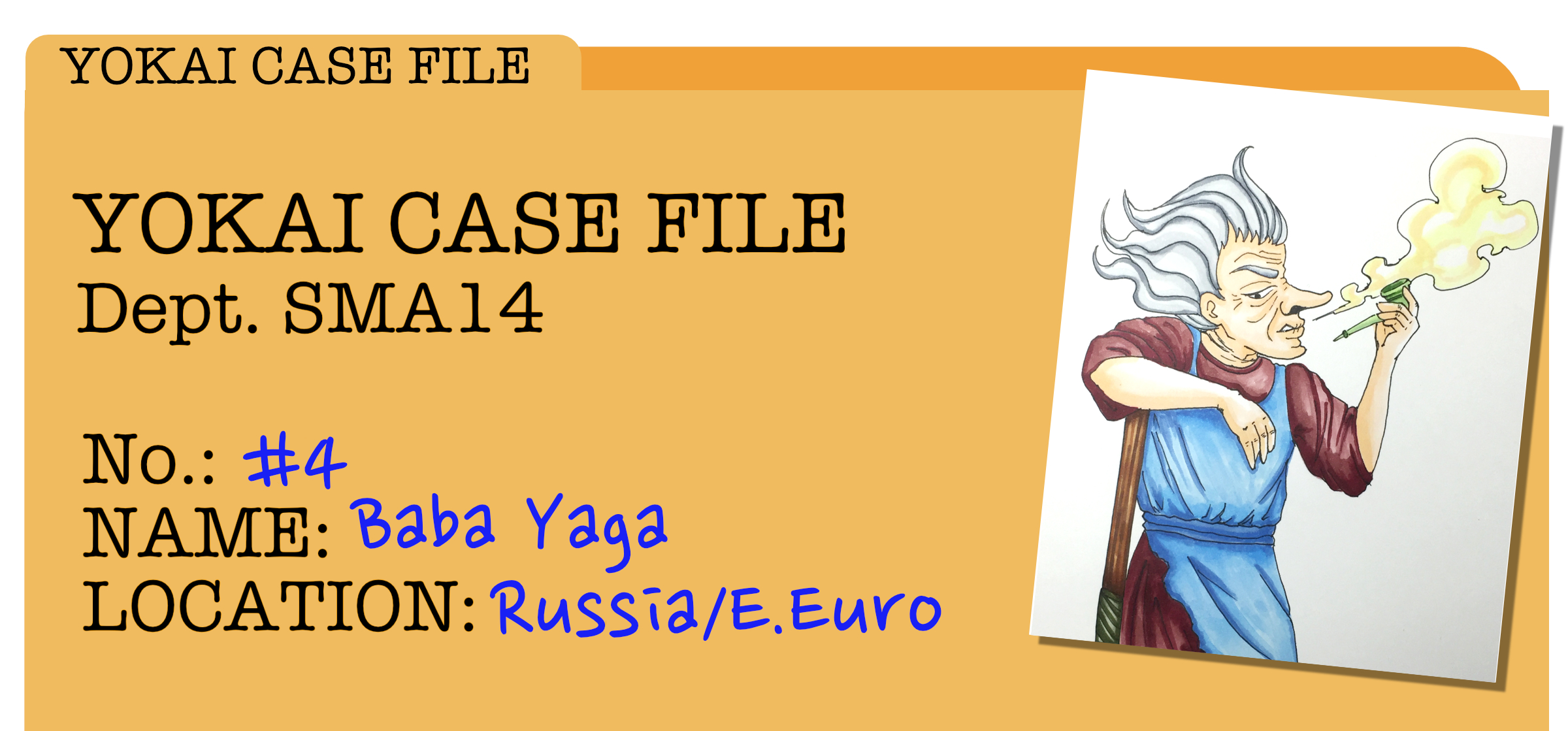
SMA13-UNESCO Round Case Studies #6: Reporting on the Climate Crisis
In a recent call to action, United Nations Secretary-General António Guterres identified climate change as the “the biggest threat to the planet”, building on a growing and convincing consensus that urgent action is needed now to avoid the worst effects in coming decades.
The increasing impact is seen all around of us, from melting glaciers to rising sea levels, severe weather events to massive effects on vulnerable human communities. There is also increasing understanding that climate change can be addressed if energy is spent finding and putting in place solutions. Failure to do so, however, threatens a cascade of worsening climate conditions for future generations.

Governments and leading industries must be part of the solution, but public opinion and demand is the most powerful force to motivate change. In turn, informed journalism based on scientific data is crucial to keep the public in many different countries aware of the scope of the problem and the possibilities for solutions.
“The defining issue of our time.”The UNESCO journalism resource “Getting the Message Across, Reporting on Climate Change and Sustainable Development in Asia and the Pacific: A Handbook for Journalists” provides a crucial foundation for journalists, with a regional focus including the injustices faced by vulnerable communities and best practices unique to the Asia-Pacific. The handbook also helps journalists understand the science of climate change as well as related social, economic and community angles.

In the digital age, when “news” floods online channels, journalists have to be prepared to identify and counter mis- and disinformation, sometimes denying climate change or simply badly distorting the science and potential solutions. In order to be credible, journalism must be both ethical and independent, but it also must be well-informed.

(Source: flickr/NASA)
As the defining issue of our time, the climate change crisis and our response rely on an informed, empowered public. Ethical, informed journalism serves an irreplaceable role in keeping the public informed in every country and for every community. The media, however, needs our support in the face of massive challenges.
RESOURCES:
PENMARU’s TIP!Media, including manga is a very powerful tool indeed… and “with great power, comes great responsibility”. An ethical journalist, striving for the truth as the world begins to burn is about as “super heroic” as it gets!”





 Media, including manga is a very powerful tool indeed… and “with great power, comes great responsibility”. An ethical journalist, striving for the truth as the world begins to burn is about as “super heroic” as it gets!”
Media, including manga is a very powerful tool indeed… and “with great power, comes great responsibility”. An ethical journalist, striving for the truth as the world begins to burn is about as “super heroic” as it gets!”










